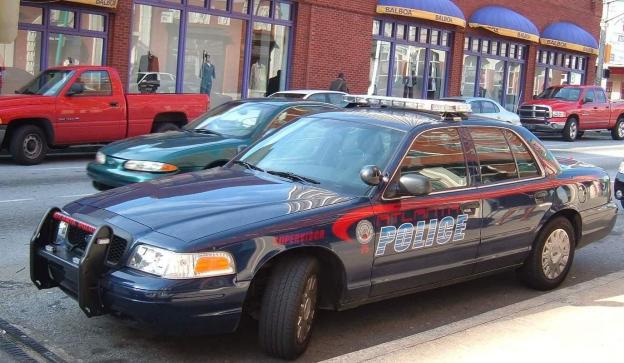 A memo circulated among Atlanta police officers has sparked new concerns over what a lot of people have suspected for awhile – namely, that police often issue tickets to meet a quota.
A memo circulated among Atlanta police officers has sparked new concerns over what a lot of people have suspected for awhile – namely, that police often issue tickets to meet a quota.
Except in this case, it appears that the motivation might be a bump in pay.
According to a CNN report, a memo written by Atlanta Police Union President Ken Allen stated; “The mayor has designated traffic court and ticket revenue for future pay increases.”
When questioned about it, Allen then told CNN that while the revenue from tickets will be earmarked for raises, more tickets will not necessarily lead to higher raises.
“We’re not even asking anybody, or no one has made any suggestion, that any officer write any additional tickets than they already have,” the union president told CNN.
Hmm…maybe I missed something there. Let’s give that memo line another read: “The mayor has designated traffic court and ticket revenue for future pay increases.” (DT emphasis)
Okay, maybe it doesn’t directly insinuate that Atlanta police need to start handing out more tickets to pay for future pay increases for officers, but you can definitely see how an officer who might think that they are underpaid (which surely never happens) could make that connection – and find reasons to write a bunch more tickets than usual.
Hoping to provide even more clarity on it all, Allen told CNN that “the revenues from tickets already go to the general fund. What the mayor has suggested doing is … earmarking where these revenues are going for the future pay raises.”
Still, I’m sure that offers very little comfort to many who believe there are certain reoccurring times when it seems like police issue a lot more tickets than usual.
What are your thoughts on the issue?


